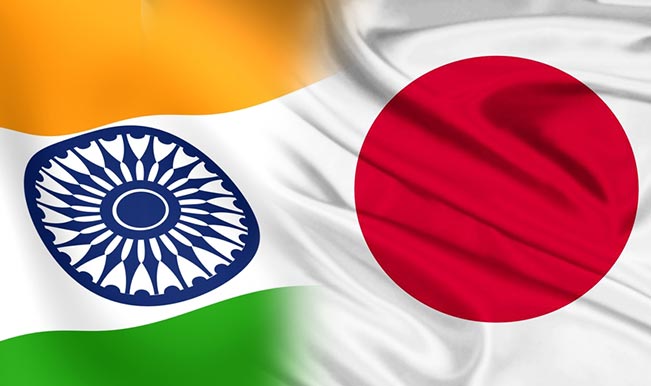G-20 is under threat because of China’s expanding influence.
Tokyo: In 2023, India and Japan will show a big influence. India will take the presidency of G-20. India will hold more than 200 events in 50 cities. In 2023, Japan too will host the G-7. Therefore, the role of India-Japan cooperation in 2023 could be important. Currently, G-20 is under threat because of China’s expanding influence.
What should India and Japan do?
The recent concern of China’s expanding influence is promoted by Russia’s aggression in Ukraine. Because of its aggression, Russia is under strict sanctions from Western countries.In addition, after the war ends, China might initiate reconstruction projects in Ukraine in order to expand its influence both in Russia and Ukraine, as it has done in other countries through its Belt and Road Initiative (BRI). Therefore, if China exploits the chances well in the current war, China will expand its influence.
The prolonged Russian aggression in Ukraine also affects US policy. There is a possibility that the US needs to share more military resources with Europe and the Middle East, instead of the Indo-Pacific. Before Russia invaded Ukraine, the US was withdrawing from Europe and the Middle East to redeploy military resources to the Indo-Pacific, because China is the most important priority. The most recent US National Security Strategy mentioned, “The PRC is the only competitor with both the intent to reshape the international order and, increasingly, the economic, diplomatic, military, and technological power to do it.” Thus, the US government wants to concentrate their resources against China. However, because of Russia’s prolonged aggression in Ukraine, the US maintains 100,000 troops in Europe, despite the US wanting to withdraw. And rise of importance in the Middle East is also a matter the US cannot ignore. Because of economic sanctions against Russia, many countries rely more on the Middle East as a source of energy. The rise of the importance of the Middle East could demand the US to share more military resources to maintain security in the Middle East, too. Can the US share enough military resources to deter China?
What should India and Japan do to deal with the situation?
Identifying what India and Japan should do depends on what China has done. Indeed, there are three features of China’s territorial expansion. Firstly, China has not respected the rule-based order based on current international law. For example, China did not claim Japan’s Senkaku Islands before 1971. Its attitude has changed because the Senkaku Islands are in a strategic location to pressure Taiwan and have potential oil reserves. Therefore, China’s claim is not based on current international law. In the South China Sea, their attitude is same. China has built artificial islands to expand its territorial claim and ignored the verdict of an international court. That is also a lack of respect for international law. China has not respected its borders with India, too. The Tibetan exile government has stated that these areas belong to India.The second feature of China’s territorial expansion is seeking territories when they find a power vacuum. What happened in the South China Sea is a typical example. In the 1950s, China occupied half of the Paracel islands just after France withdraw from the region. In the 1970s, China occupied another half of the Paracel islands just after the US withdrew from Vietnam. In the 1980s, when Soviet troops reduced their numbers in Vietnam, China occupied six features in the Spratly islands. And in the 1990s, China occupied Mischief Reef after the US withdrew from the Philippines.
The third feature of China’s territorial expansion is attempting economic dominance or other non-military methods to expand its influence abroad. China has used foreign infrastructure projects like BRI to expand its sphere of influence. Countries with significant Chinese investment and debt are hesitant to criticize China, even when it flouts international rules.
Even if China wants to attack India, China cannot forget the Pacific side, if Japan and the US possess enough strike capabilities, and vice versa. Thirdly, India and Japan need to cooperate and prepare infrastructure projects to provide alternative choices against China’s BRI. In G-20, India is planning to invite G-20 and guest countries including Australia, Indonesia, Singapore, Bangladesh, Saudi Arabia, Oman, the UAE, Mauritius, and South Africa in the Indian Ocean. Strengthening the cooperation of these countries, India can identify what happens in this region.
And with Japan and other partners, India can suggest good infrastructure projects to tackle China’s BRI.
G-20 and G7 will be one of the best places to deter China. In 2023, India and Japan will take charge of these frameworks. The more China escalates the situation, the more international communities should become institutionalized and cohesive. That is the situation India and Japan seek to achieve in G-20 and G7.
Dr Satoru Nagao is a Fellow (non-resident) at Hudson Institute.

